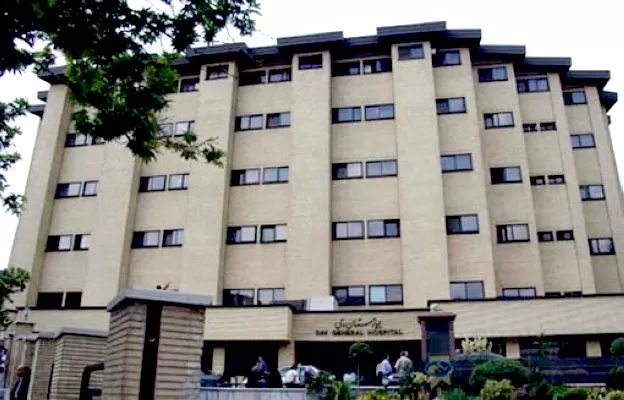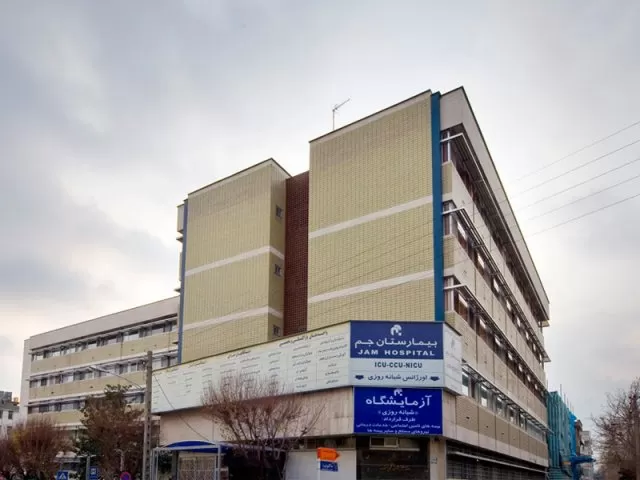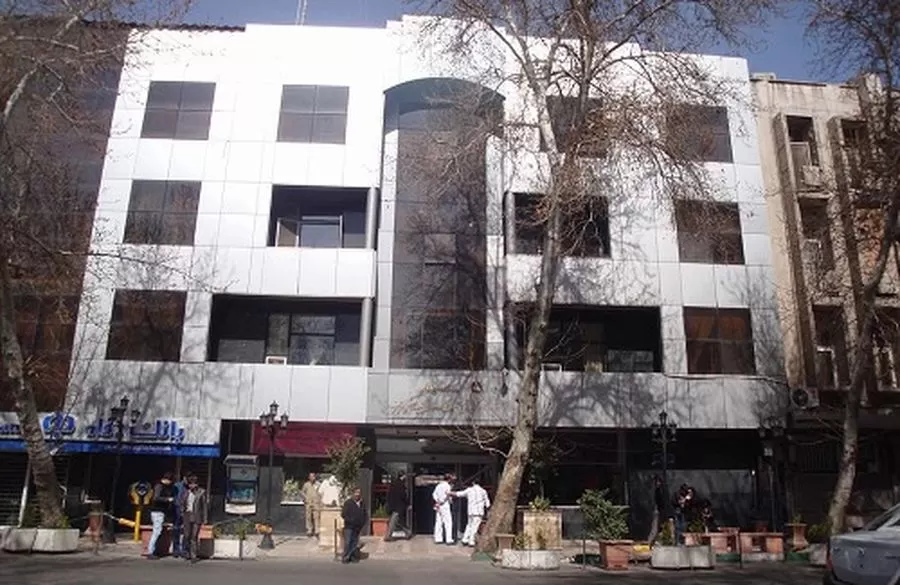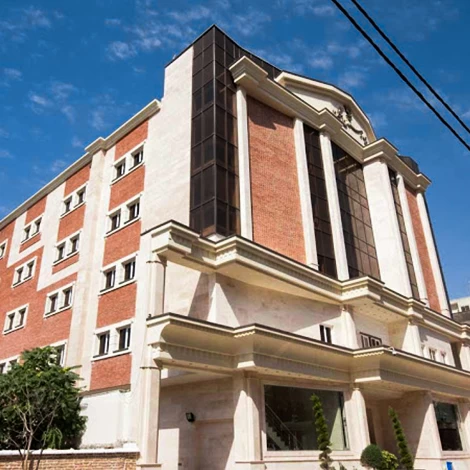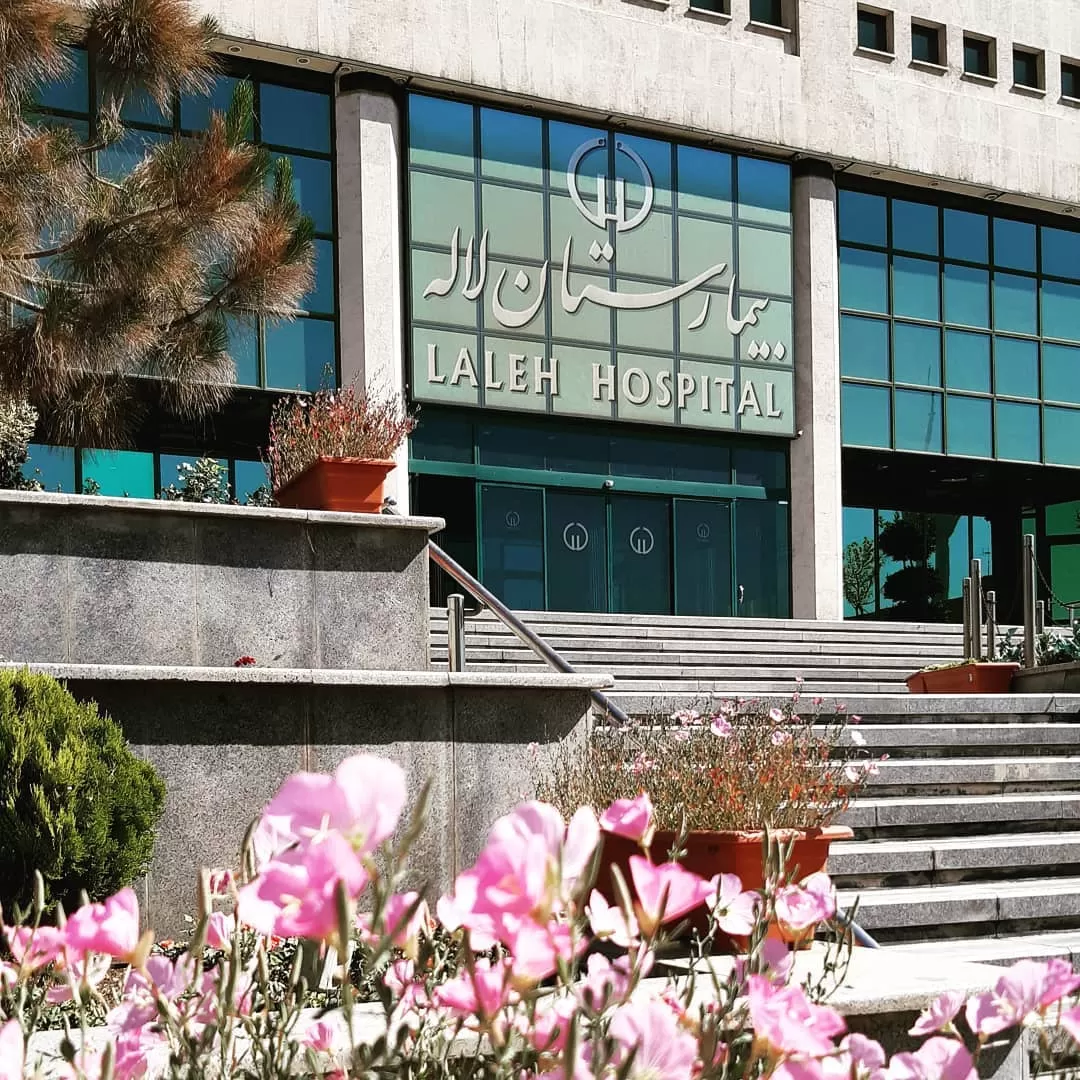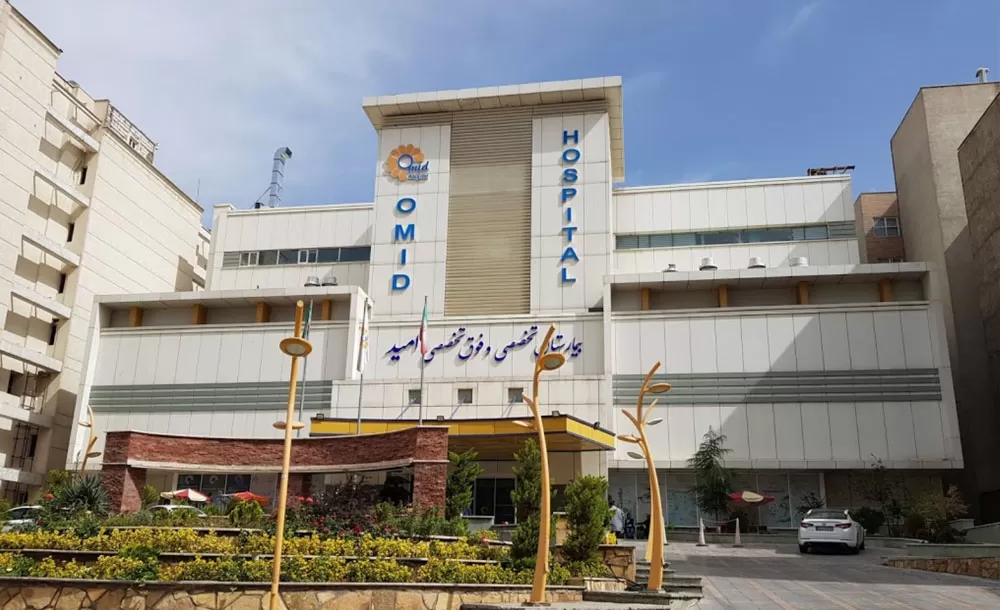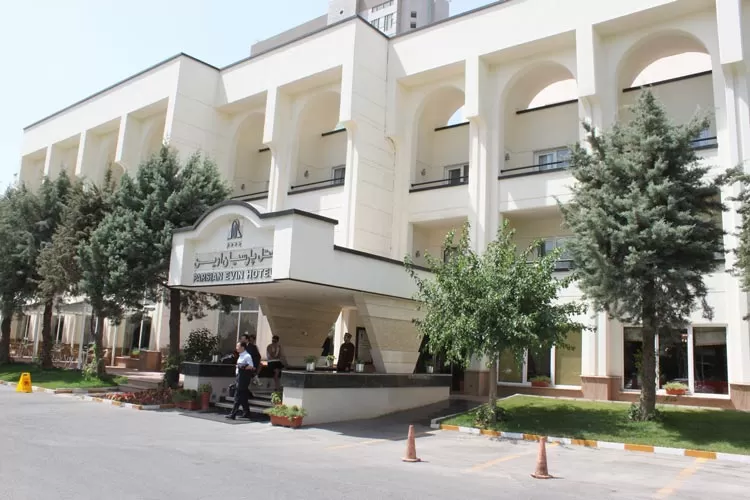Kidney cancer is also known as renal cancer is a type of disease in which kidney cells become malignant (cancerous) and grow out of monitoring, forming a tumor. Almost all kidney cancers are first shown in the lining of tiny tubes (tubules) in the kidney. This type of kidney cancer is called renal cell carcinoma. The good news is that usually kidney cancers are found before they metastasize to other distant organs. And cancers are caught beforehand and they are easier to treat completely. However, these tumors can grow to be quite large before they are detected. The kidneys are two bean-shaped organs, each about the size of a fist. They lie in the lower abdomen on each side of the spine. Their main job is to clean your blood, remove waste products, and make urine.
Causes of kidney cancer
Doctors don't know the causes of kidney cancer. But certain factors appear to increase the risk of getting kidney cancer. For example, kidney cancer occurs most often in people older than age 40. These are some other risk factors for kidney cancer:
1. Smoking. If you smoke cigarettes, your possibility rate of kidney cancer is twice time more than nonsmokers. Smoking cigars may also amplify your possible rate of kidney cancer.
2. Being male. Having male sex is about twice as likely as women to get kidney cancer.
3. Being obese. Extra weight may cause changes to hormones that increase your risk.
4. Using certain pain medications for a long time. This includes over-the-counter drugs in addition to prescription drugs.
5. Having advanced kidney disease or being on long-term dialysis, a treatment for people with kidneys that have stopped working
6. Having certain genetic conditions, such as von Hippel-Lindau (VHL) disease or inherited papillary renal cell carcinoma
7. Having a family history of kidney cancer. The risk is especially elevated in siblings and first-degree family members.
8. Being exposed to certain chemical substances, such as asbestos, cadmium, benzene, organic solvents, or certain herbicides
9. Having high blood pressure. Physicians don't know whether high blood pressure or medication consumed to treat it is the source of the increased possibility of kidney cancer.
10. Being black. The risk in blacks is rather higher than in whites. No one knows why.
11. Having lymphoma. For an unknown reason, there is an increased risk of kidney cancer in patients with lymphoma or a history of lymphoma.
There are three paths that cancer can spread to other organs in the body
Cancer can spread through tissue, the lymph system, and the blood:
1. Tissue. The cancer is able to be spread from where it began by growing into nearby areas.
2. Lymph system. The cancer spreads from where it starts by entering into the lymph system. Cancer travels through the lymphatic system to other parts of the organs.
3. Blood. Cancer spreads from where it began by entering into the blood vessels. The cancer travels through the blood to other organs inside the body.


 Arabic
Arabic
 German
German
 Persian (Farsi)
Persian (Farsi)
 Russian
Russian
 Urdu
Urdu
 Beauty
Beauty
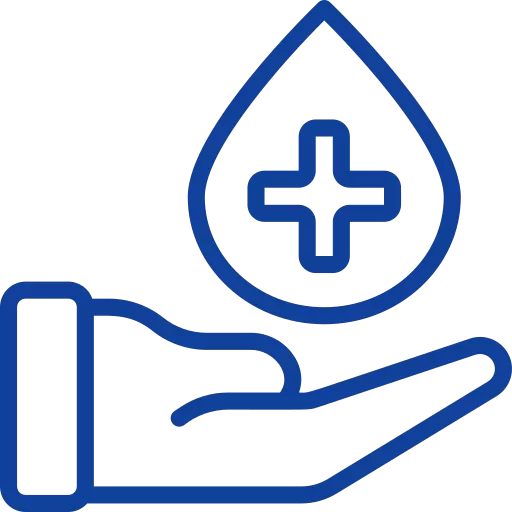 Medical
Medical
 Hotels
Hotels
 Hospitals
Hospitals

